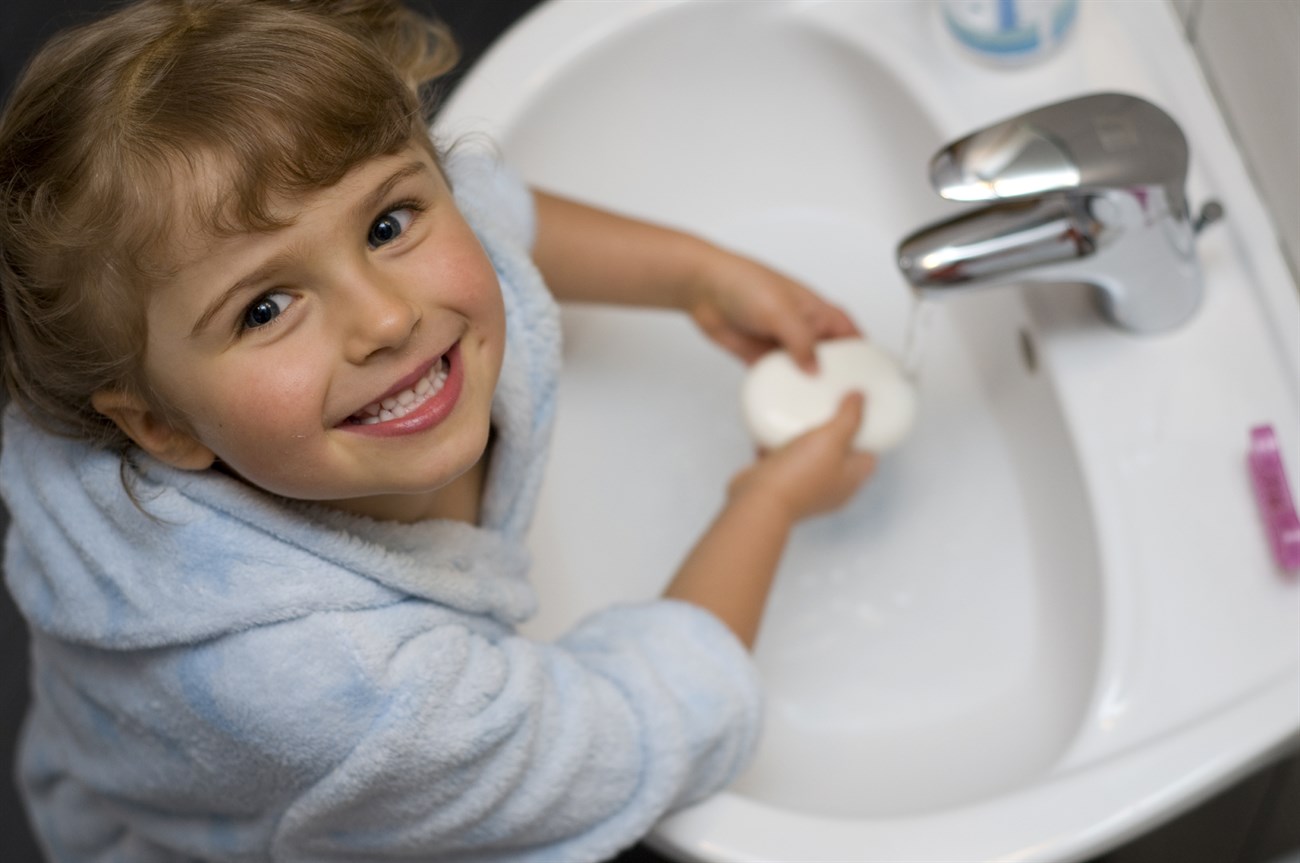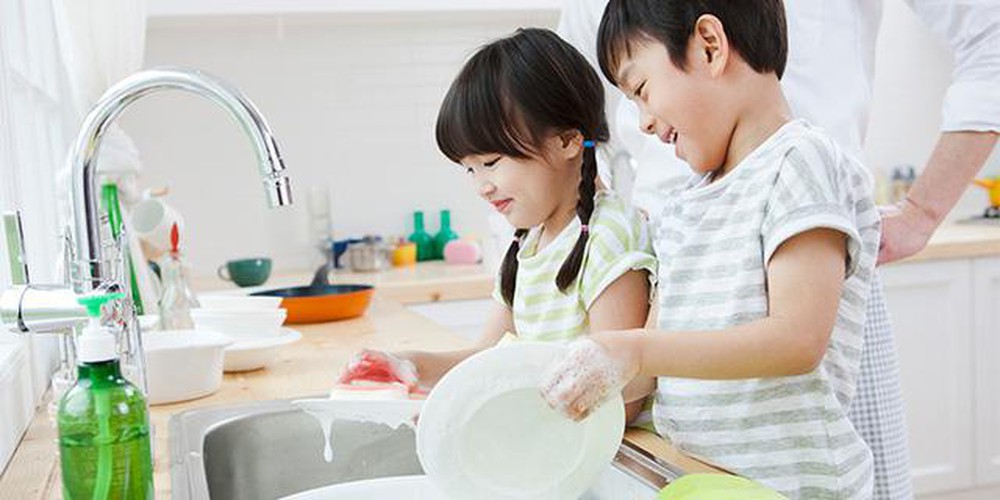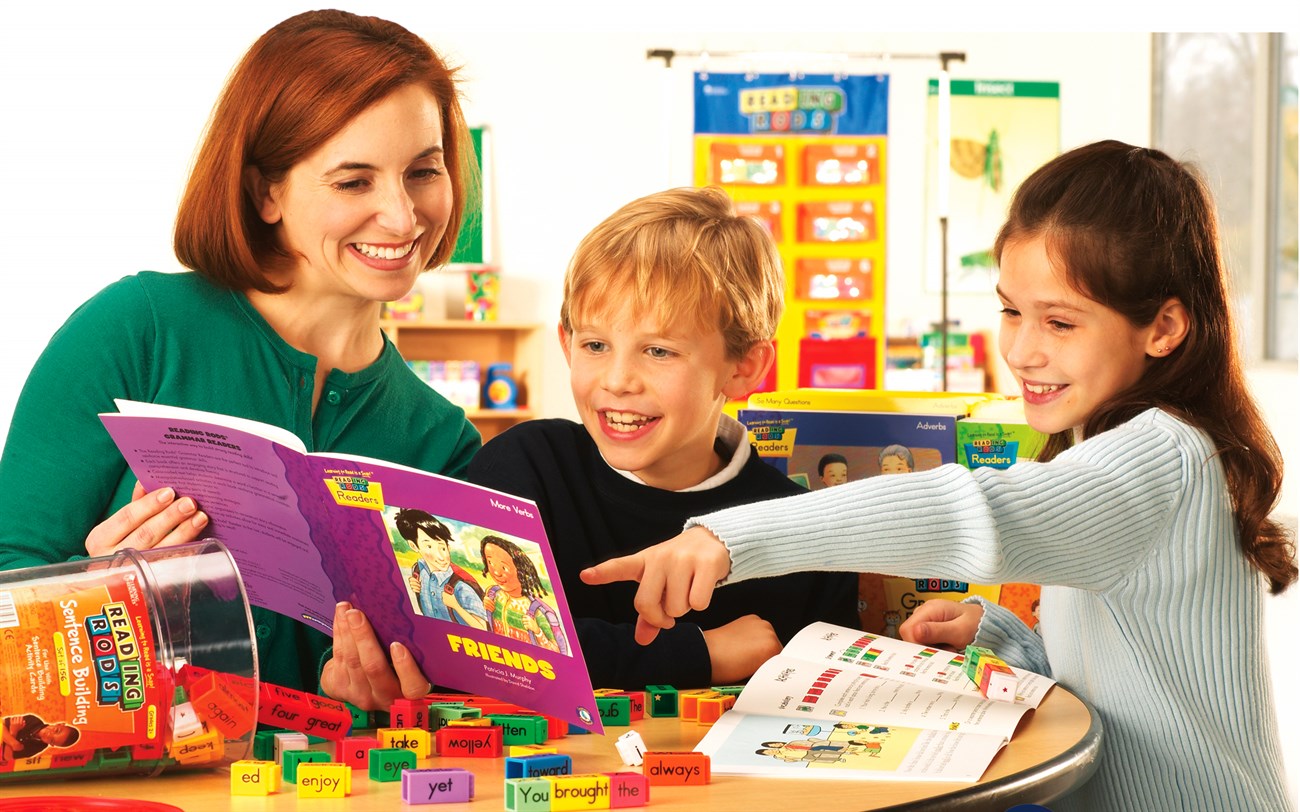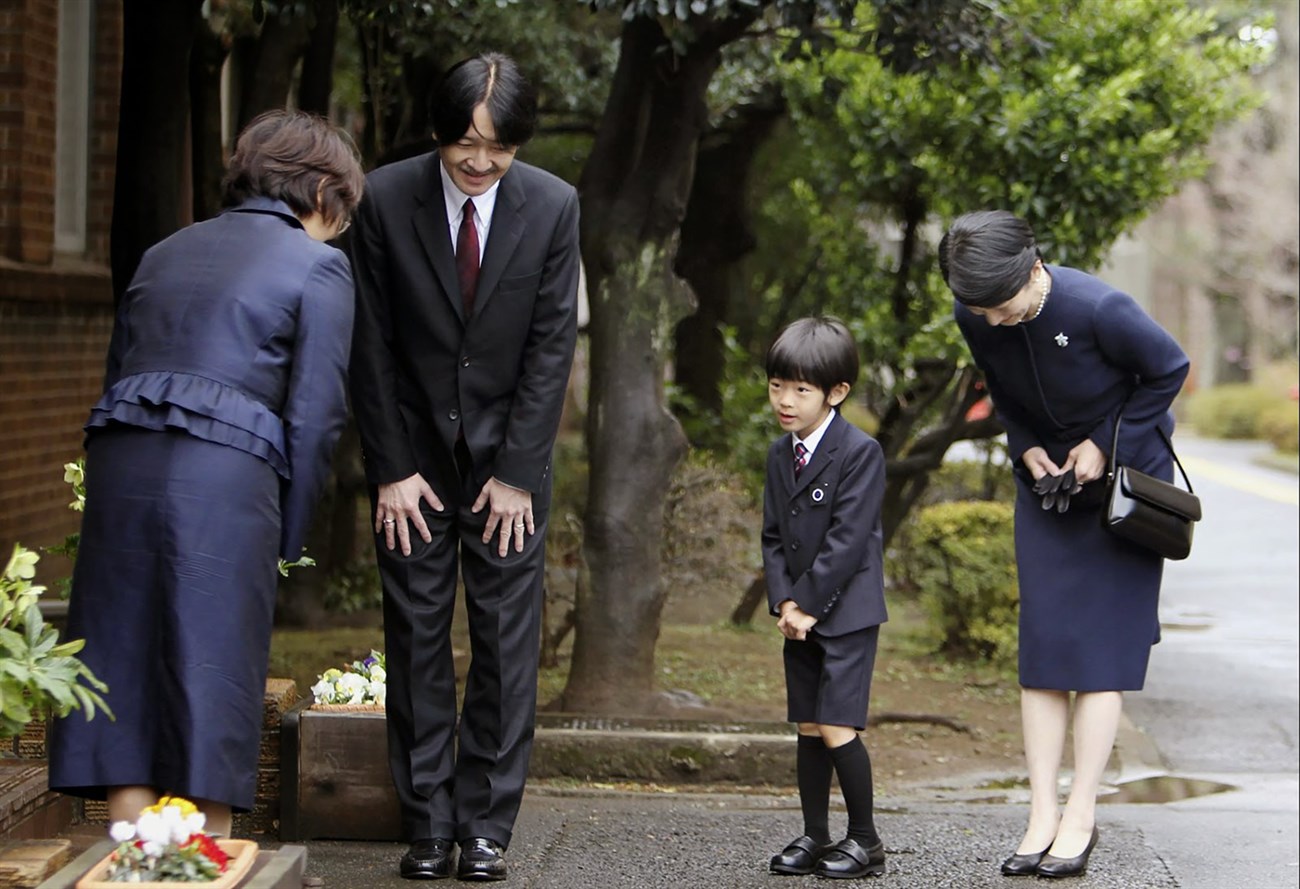1Spend Quality Time with Family
Family is the foundation of personal growth and happiness. It is crucial to prioritize spending quality time with family members. Parents should instill in their children the importance of valuing and prioritizing family, even when they achieve success. Building a strong bond and friendship with children from an early age fosters trust and open communication.

2Cultivate Daily Reading Habit
Books are a treasure trove of knowledge and wisdom. It is essential for parents to introduce and encourage their children to develop a daily reading habit. Early childhood is a crucial period to foster the love for books and exploration of knowledge. Parents should select age-appropriate and valuable books for their children, spending dedicated time reading and explaining the content. This practice not only strengthens the parent-child bond but also enhances vocabulary, critical thinking, and nurtures a beautiful soul.

3Engage in Sports and Physical Activities
Physical health is as important as knowledge. Regular exercise, combined with a balanced diet, plays a vital role in a child’s development. Engaging in sports not only promotes physical well-being but also boosts energy, helps combat stress and negative emotions. Parents should choose appropriate sports activities based on their child’s age and guide them in practicing. Walking, exploring nature, and gradually joining sports groups as they grow older are excellent ways to enhance their health.

4Maintain Cleanliness and Hygiene
Teaching children about cleanliness and hygiene from a young age is essential for their well-being and personal development. Parents should guide their children to maintain cleanliness in their bodies, surroundings, and study areas. Practicing cleanliness fosters a sense of self-protection and consideration for others. It is beneficial for overall health and builds good habits for the future.

5Develop Emotional Intelligence
Children experience a wide range of emotions daily, and it is crucial to teach them how to understand and manage their emotions effectively. Parents should help children find positive ways to handle negative emotions such as sadness and anger. Encouraging activities like journaling and meditation can help children control and eliminate negative emotions, leading to emotional well-being.

6Include Children in Household Chores
Teaching children to participate in household chores helps develop their problem-solving skills, independence, responsibility, and patience. Simple tasks like cleaning, organizing, and helping with daily chores stimulate their minds and enhance their dexterity. Research suggests that children who regularly engage in household chores perform better academically and develop essential life skills.

7Promote Healthy Eating Habits
In a world filled with fast and processed food, teaching children healthy eating habits can be challenging. A practical approach is involving children in the process of preparing nutritious meals. This not only ensures a balanced diet but also provides an opportunity for the entire family to bond, communicate, and strengthen their love for each other.

8Adopt a Balanced Lifestyle
Guiding children to balance their educational and recreational activities is crucial for their overall development. Overemphasis on studying or excessive play can negatively impact their mental and physical well-being. Parents should create a suitable schedule that allows for a healthy balance between academics, leisure activities, proper rest, and nutrition. This helps strengthen their immune system, foster comprehensive growth, and develop intelligence.

9Foster Self-discipline in Learning
Developing self-discipline in learning is crucial for young children. Parents should encourage independent thinking, learning, and exploration. It is essential to strike a balance between guiding and controlling. Teaching children to take ownership of their learning tasks and progress helps them develop good study habits and a sense of responsibility.

10Instill Respect for Others
Building respect for others is a fundamental value that parents should teach their children. Treating children with respect from an early age helps them understand the importance of respecting others. Guiding children through different situations allows them to grasp the concept that respect for others is ultimately respect for oneself.

Above are 10 good habits that parents should instill in their children from an early age. These habits contribute to their overall well-being, personal development, and future success. If you have any questions, please leave a comment below the article!
Exploring the Effectiveness of Exercise for Creating Facial Slimming
Do you want to slim down your face? Running can be a great way to support weight loss and potentially help you reduce facial fat. In this article, we explore the topic of how running can help you improve your health, achieve weight loss goals, and result in a slimmer face. Read on to find out more about how running can help you achieve the facial look you desire.





































